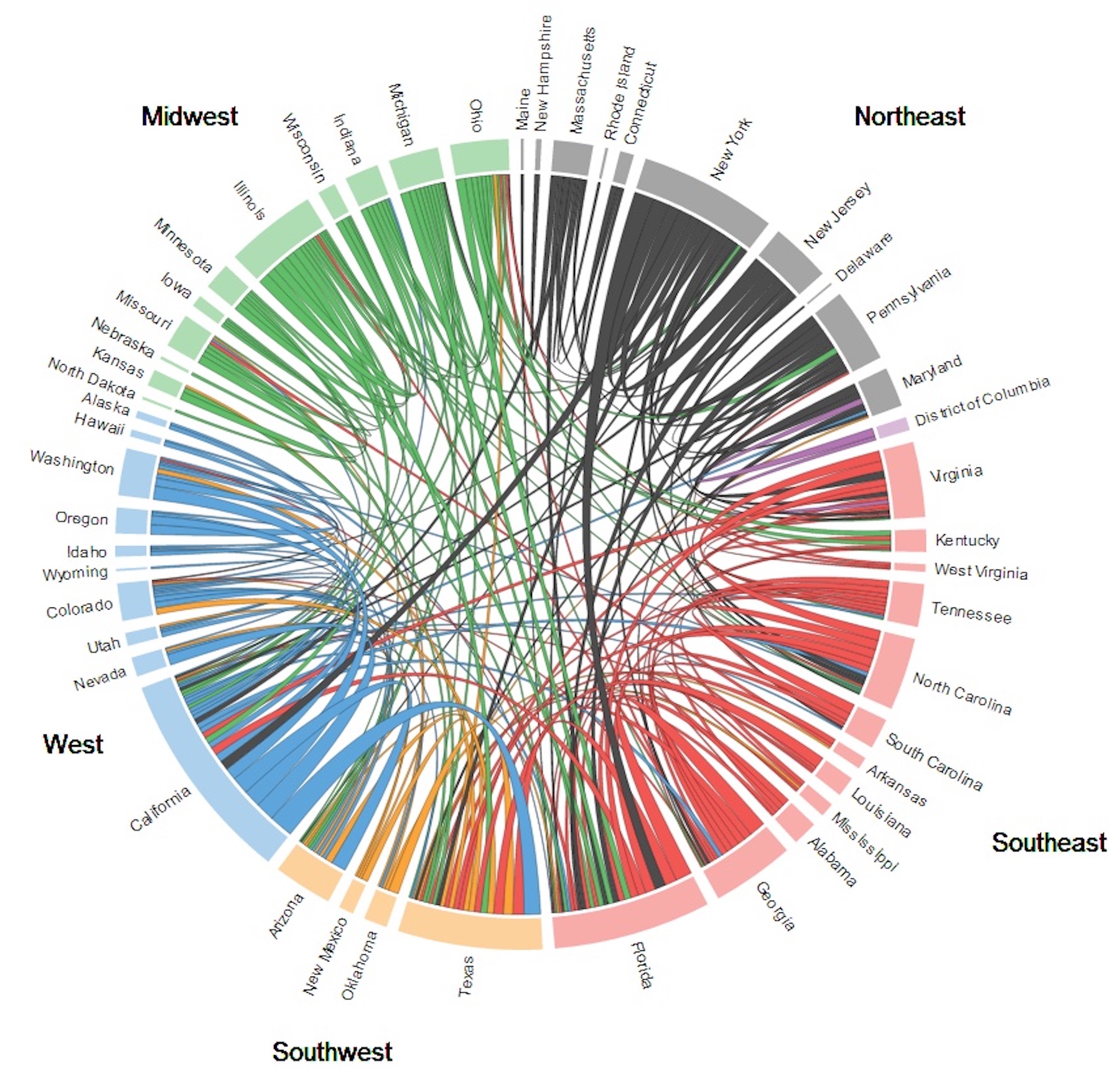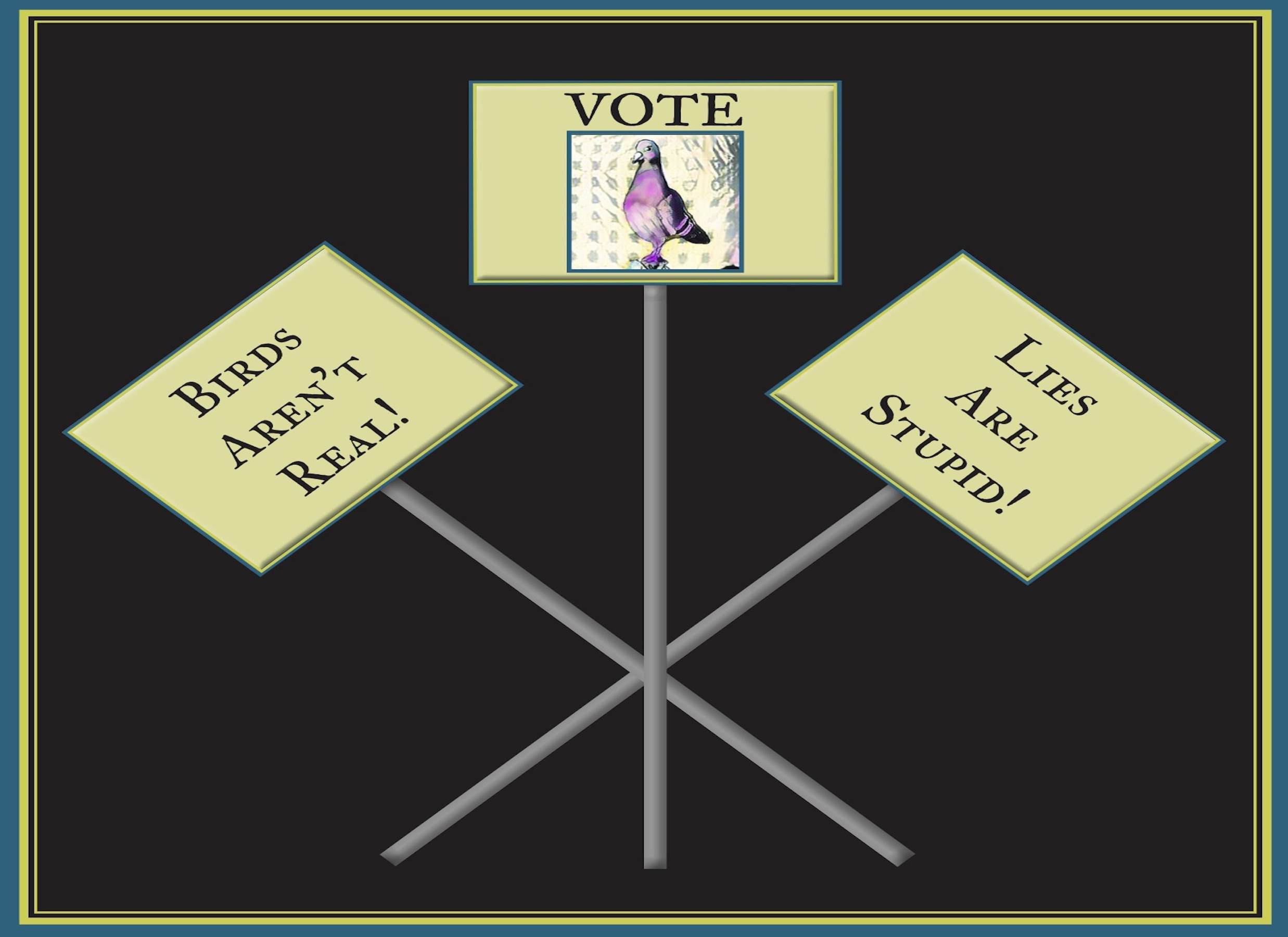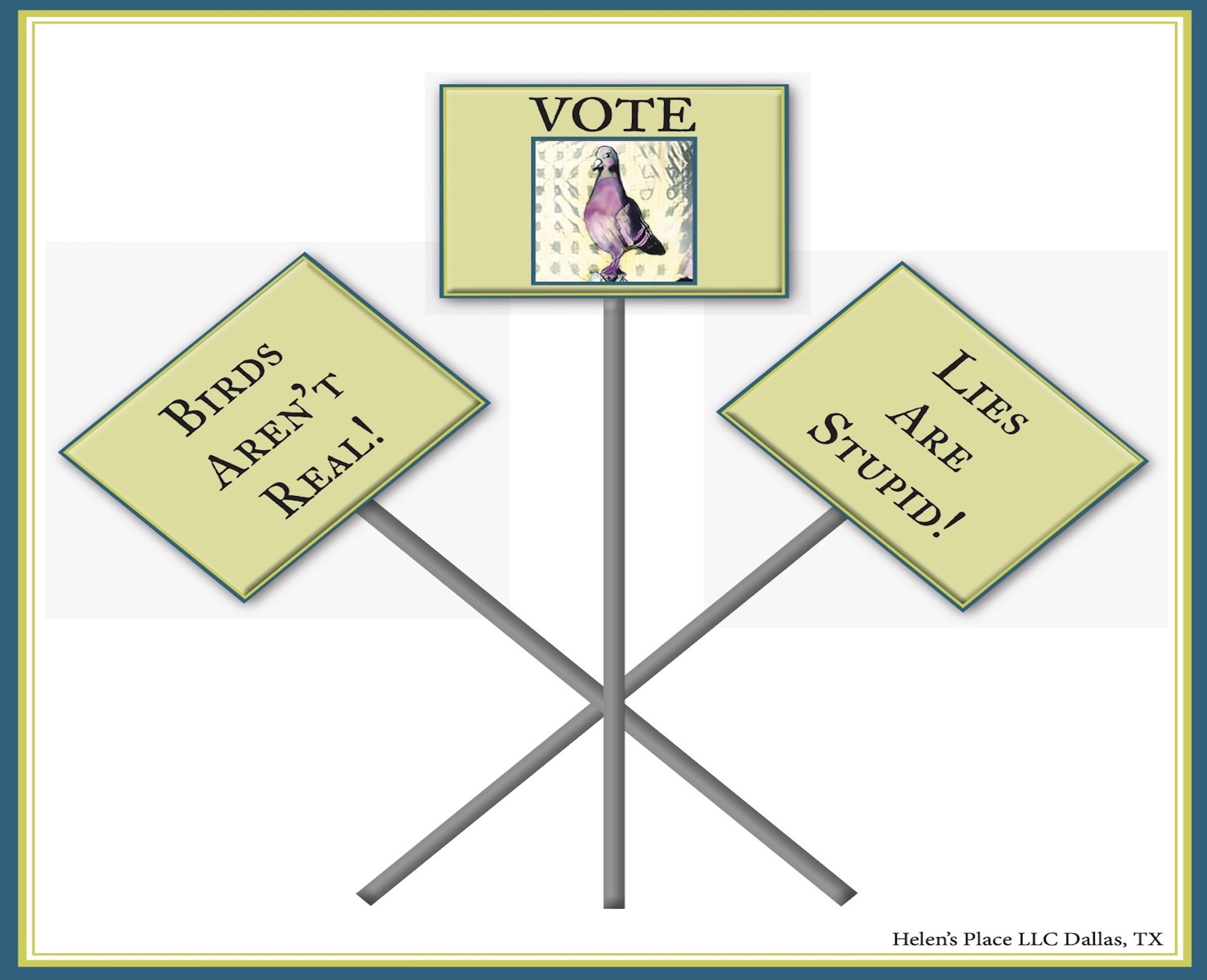Helen’s Place LLC Update: July 8, 2022
People who’ve held good jobs and then lost them though firing or a layoff, often manage to stay alive by doing temporary contract work, or by cobbling together a few part-time jobs, often after their unemployment and/or savings run out.
We saw waves of people laid-off during the 2008 Great Recession and again in 2020 during the COVID-19 pandemic. Each time the economy improves, some people hope to land a full-time job again, and many are ready to start applying for jobs or speeding up their job search efforts.
Career counselors advise that it’s easy to deal with gaps in employment on a resume by explaining part-time jobs, or the productive things one has accomplished while unemployed.
However, if a person is still angry about their past employment situation, and hasn’t been able to figure out at least three things that benefited them in the process of working there or as a result of the layoff, they may not be ready to work for another company again fulltime, even though a lot of time has passed.
Since terrible things happen to good people, it’s critical for people to figure out what’s in their mind that prevents them from moving on from the past and find something constructive to say about it. Some people just can’t.
More important than job gaps – there’s a stigma about hiring an angry person, who might be seen as difficult to work with and have a problem fitting into an organization.
So if a person hasn’t found something in their past job worth explaining in a constructive way, the resentment they feel may cause them to shoot themselves in the foot in a job interview by bad rapping a past employer, or worse – acting out and walking out on a new job.
If this is the case, it might be a better idea for them to start a business, continue with contract work, work through a temporary agency, or a company working remotely, for a while longer or permanently.
Ideally, an angry person would get help through counseling and/or anger management classes; however, not all people, even with help, get a handle on their anger despite all rational efforts to do so, and must manage themselves and figure out workarounds to cope the best way they can.
Suggestions for anger workarounds:
- Acknowledge the anger or resentment, and take constructive action, like getting support from other people who have survived bad work situations – sometimes with humor. (A video and two articles are included below which might be of help in this regard.)
- Gain perspective and detachment through writing down the highlights of what happened as part of one’s personal journey, including the disappointing details of the story.
- Seek out things that give a sense of meaning and value i.e. expand a hobby like woodworking, join a union, or become a cause activist.
- Look for work having more security like a federal worker, or work having minimal contact with large numbers of people like a gardener, truck driver, trade worker like roofer or plumber, tax preparer or accountant, or in other remote work with online contact only.
Related audio/video interview recording:
Video shows how sometimes humor can help people get through bad job experiences:
YouTube, TroydanReacts, “Angry Employees Quit Their Jobs Compilation”
Other related articles you may be interested in:
For detachment in a job situation:
Helen’s Place LLC, “Are You a Person Who Said I was Looking for a Job When I Found This One?”
Article explores what people have been going through during the COVID-19 Pandemic.
Wellness: Refinery29, March 15, 2022, Elizabeth Gulino, “We’re All Angry at Work. Now What?
Your comments are greatly appreciated. Send them to Helen’s Place LLC via email to info@helensplacenet.com.











































































